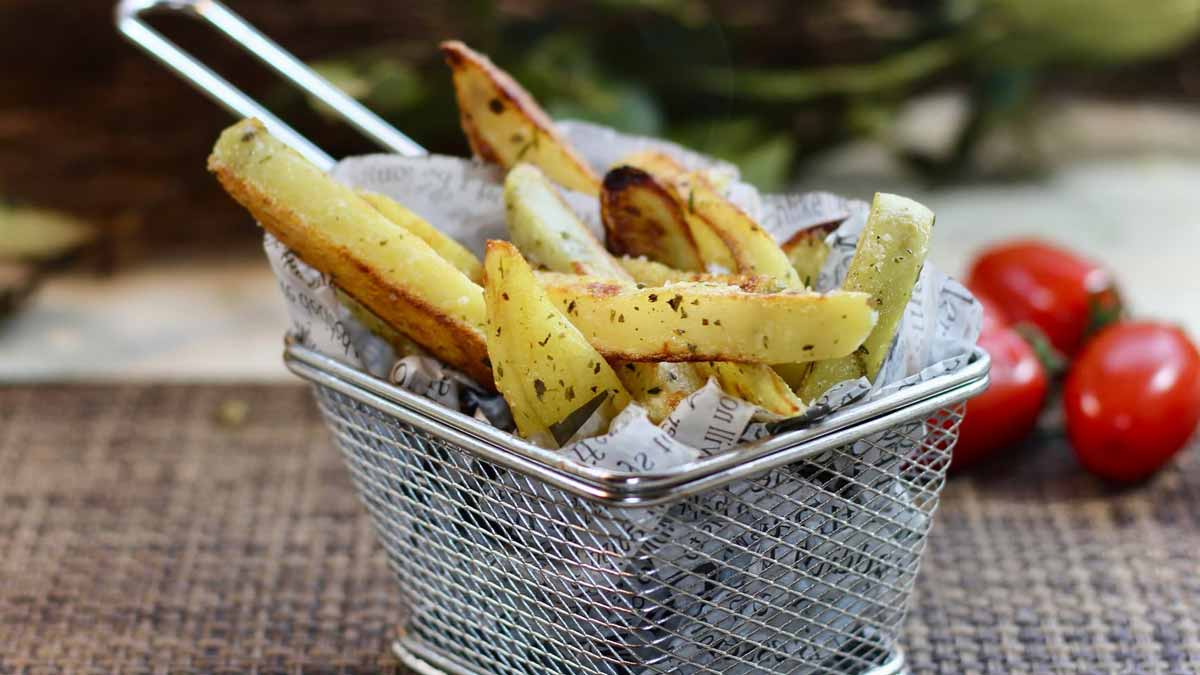Comfort food can feel harmless, yet small choices add up fast. New data show that not all potatoes carry the same signal for blood sugar and long-term risk. With french fries, the picture shifts because cooking changes the food, the portion, and often the company on the plate. The key sits in the details. Tiny tweaks in prep and swaps reshape outcomes while taste, ease, and routine stay intact.
How the research mapped real eating over real time
The findings come from three U.S. cohorts that tracked more than 205,000 health professionals from 1984 to 2021. Every four years, participants reported detailed food choices, so researchers could follow patterns. At the start, they were free of diabetes, heart disease, or cancer. Over four decades, 22,299 people received a diagnosis of type 2 diabetes.
Analysts adjusted for many factors tied to diabetes, including weight, activity, family history, smoking, and overall diet. They then linked reported servings of potatoes to later diagnoses. The approach does not prove cause. It can still reveal patterns because the sample was large and follow-up was long.
Across the whole potato category, the signal looked modest. For every three weekly servings of total potato, the rate of type 2 diabetes rose by about 5%. That average hid big differences by cooking method. The team then pulled those apart to test how baked, boiled, mashed, and fried items behaved.
Why french fries behave differently on your plate
Potatoes give fiber, vitamin C, and magnesium, yet they also load starch and have a high glycemic index. Frying pushes that index higher, because the surface changes and because salt and oil invite bigger bites. Meals that include fries often include sugary drinks or rich sauces, which tilt the balance again.
The numbers reflect that gap. Compared with similar diets, three weekly servings of fries linked with a 20% higher rate of type 2 diabetes. The same intake of baked, boiled, or mashed potatoes did not show a statistically significant increase. Cooking style, portion size, and meal partners likely explain much.
Method matters because it shifts texture, speed of digestion, and satiety. Quick spikes stress insulin, so the body works harder and may drift toward resistance. You keep more control when the potato stays close to its natural form. french fries often amplify the starch hit and the added fat at once.
Turning everyday choices into simple guardrails
Small swaps stack up because you repeat them many times each week. Plan meals so the starch shares the plate with lean protein, plenty of vegetables, and intact grains. Use baked potatoes with skins for fiber, because that fiber slows digestion and improves fullness without extra salt or oil.
Watch serving size, as restaurants often serve large baskets and refills. Share, or order a small portion, since the first few bites deliver the joy. Treat dips, sugary drinks, and creamy sides as occasional. Those add energy without support for blood sugar control or long-term health.
If you choose french fries, build balance elsewhere on the plate and reduce frequency. Add a salad and a grilled protein, because that mix steadies glucose. Replace one fry order with a baked potato or beans. Keep that switch going so the habit becomes second nature.
What swaps beat french fries when the goal is steadier glucose
Substitution analysis tested what happens when potatoes move off the menu and another starch steps in. Replacing three weekly servings of total potato with whole grains linked with an 8% lower diabetes rate. Swapping the same amount of baked, boiled, or mashed potatoes for whole grains linked with a 4% reduction.
The biggest shift appeared when fries left the plate. Replacing three weekly servings of fries with whole grains linked with a 19% lower rate. White rice told a different story. Replacing potatoes with white rice associated with higher risk, which tracks with its higher glycemic index and lower fiber content.
Whole grains land a double win, since they offer fiber, minerals, and slow release. Oats, brown rice, and whole-wheat bread fit easily into busy weeks. You get variety and support for blood sugar. The rest of the meal stays familiar and satisfying for family members of any age.
What to keep in mind about limits, context, and sustainability
This work is observational, so it cannot prove cause and effect, even with careful adjustments. Unmeasured habits could still nudge results. Most participants were health professionals of European ancestry. Links might not match other groups with different diets, incomes, or access to care. Baseline health also varied by age.
Editors who reviewed the study raised a practical point about the food system and the planet. Baked, boiled, or mashed potatoes can sit inside a healthy, sustainable pattern, because their footprint stays modest. Guidance should weigh preparation and replacement foods, rather than push blanket rules for everyone.
Future research needs diverse samples, better measures, and stronger tests of swaps in real clinics and real homes. Until then, enjoy potatoes while you watch frequency and partners on the plate. Keep french fries as an occasional choice, and give whole grains the everyday spot they earned.
A clear takeaway you can use this week without losing flavor
The message lands clean: method and swaps matter more than labels. Keep portions steady, pair potatoes with fiber and protein, and favor whole grains when you can. Save french fries for rare moments that feel worth it, because small patterns repeat and shape risk over time. Choose whole grains when you want steady energy, and keep baked, boiled, or mashed potatoes in rotation with skins on. That rhythm protects health without giving up comfort or flavor.
Keyword: french fries
How small potato choices shift blood sugar and long-term risk while keeping everyday meals enjoyable
The first results link french fries with higher type 2 diabetes risk while other potato choices differ. The analysis weighs preparation methods and common swaps to clarify patterns. Practical guidance points to whole grains and balanced plates without giving away flavor or ease.
